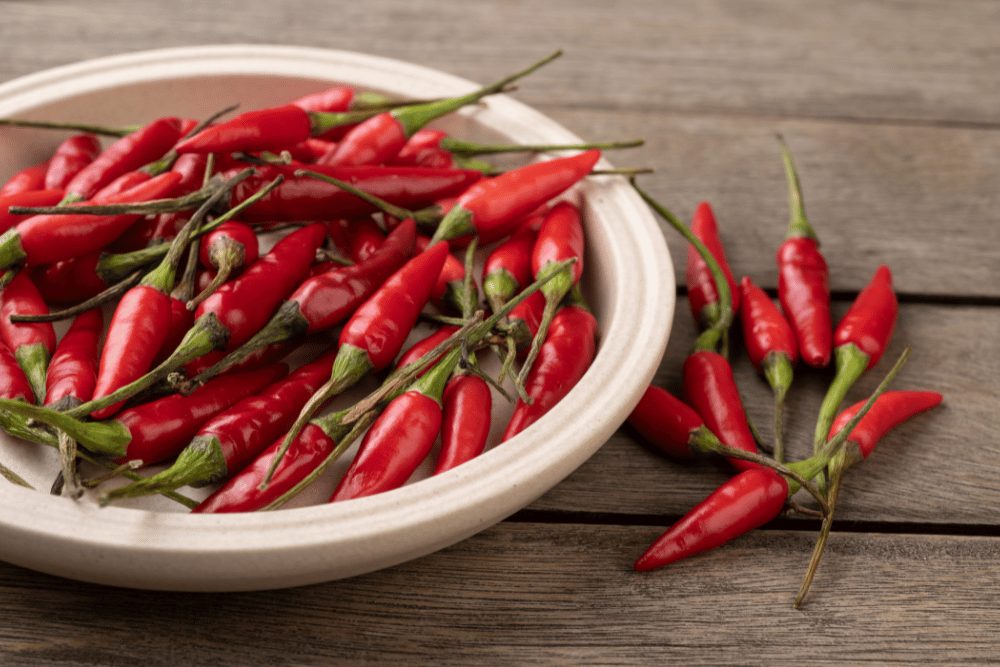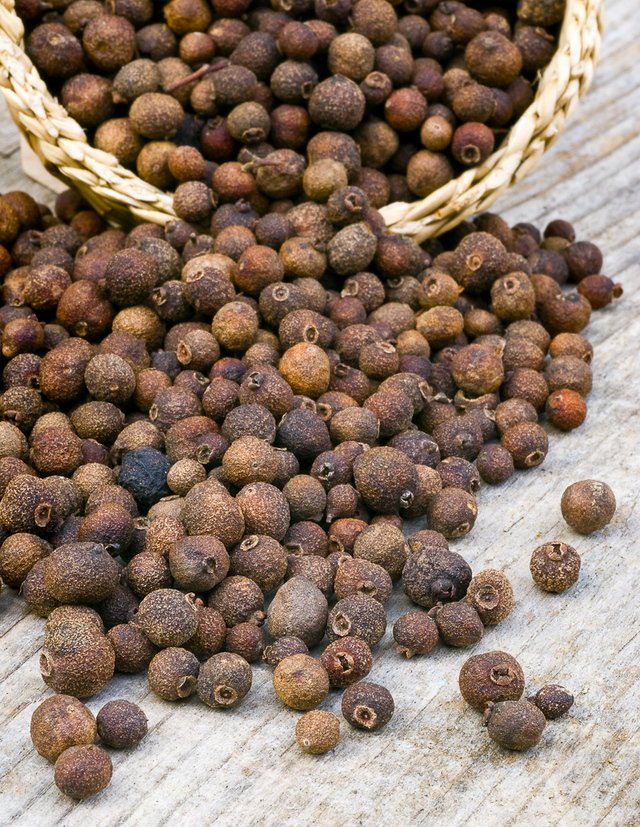Have you ever wondered about the secrets held within the vibrant spice racks and aromatic gardens of the world? The malagueta, a seemingly unassuming name, unlocks a world of diverse applications, from culinary delights to the heart of traditional remedies, connecting cultures across continents.
The term "malagueta" itself can refer to a variety of entities, each carrying its own unique characteristics and significance. Most notably, it can denote a specific type of chili pepper and a tree species, and even a vibrant beach in Spain. The malagueta's reach extends from the fiery kitchens of Brazil to the serene shores of Puerto Rico and the bustling streets of Malaga.
| Category | Details |
|---|---|
| Common Names | Malagueta Pepper, Malaguetta Pepper, Pimenta Malagueta (Portuguese), Chili Pepper |
| Scientific Name | Capsicum frutescens (variety of chili pepper) |
| Origin | Brazil, Portugal, Mozambique |
| Appearance | Small, tapered, green pepper that turns red as it matures; typically about 2 inches long. |
| Scoville Heat Units (SHU) | 60,000 to 100,000 (comparable to Tabasco peppers) |
| Usage | Culinary, often used fresh or preserved to add heat to various dishes; also used in some traditional remedies. |
| Availability | Markets in Brazil, Portugal, and other countries where it's grown. |
| Growing | Can be grown indoors with sufficient sunlight and warmth. |
The fiery malagueta pepper, a staple in Brazilian, Portuguese, and Mozambican cuisines, ignites taste buds with its intense heat. This small, tapered pepper, a member of the Capsicum frutescens family, undergoes a captivating transformation as it matures, transitioning from green to a vibrant red. Its size, typically reaching about two inches, belies its potency; the malagueta boasts a Scoville heat unit rating that places it firmly in the realm of the truly spicy, similar to the well-known Tabasco pepper.
In the culinary landscape, the malagueta pepper is a versatile ingredient, lending a bold kick to a myriad of dishes. Whether used fresh, adding a vibrant touch to salsas, or incorporated into marinades for meats, its fiery nature provides an unforgettable experience. The pepper can also be preserved, broadening its culinary applications and enabling its use throughout the year. If you are searching for it, markets in Brazil, Portugal, and other countries where it thrives are a good place to begin your search.
Contrast this with the malagueta's other persona: the West Indian bay tree (Pimenta racemosa). This is the source of the malagueta leaf. In Puerto Rico, this tree is also commonly known, but often erroneously, as eucalyptus. The malagueta leaf, however, has its own distinct properties, most notably in its fragrant aroma and its use in traditional remedies. The malagueta leaf provides the characteristic scent and therapeutic advantages that are so crucial to the creation of alcoholado, a traditional preparation.
In Puerto Rico, the leaves are used to prepare alcoholado, a product that is sought after for its analgesic and antibacterial properties. The malagueta leaf is the key ingredient, providing the distinctive aroma and medicinal characteristics. You will be hard-pressed to find actual eucalyptus (Eucalyptus globulus) in Puerto Rico.
| Category | Details |
|---|---|
| Common Names | West Indian Bay, Malagueta, Bay Rum Tree |
| Scientific Name | Pimenta racemosa |
| Location | Puerto Rico |
| Usage | Used to make alcoholado (a traditional preparation with medicinal uses) |
| Mistaken Identity | In Puerto Rico, often mistaken for eucalyptus. |
| Properties | Analgesic and antibacterial properties. |
| Key Ingredient | Malagueta leaves are essential for alcoholado. |
Then, there's La Malagueta, a vibrant beach in the heart of Malaga, Spain. This is another facet of the versatile term, a place of relaxation and recreation, distinct from both the pepper and the tree. Known for its dark sand and moderate swells, it stretches for 1,200 meters with an average width of 45 meters.
La Malagueta is a hub for tourists and locals alike. The beach is conveniently located near the city center, and offers a welcome respite. Visitors can head to La Malagueta where there are tapas restaurants, rooftop bars, and beach bars offering music, drinking, and dancing all throughout the night. The construction of the La Malagueta bullring, a landmark of the city, was a result of the initiative of a group of bullfighting enthusiasts. My personal favorite is La Terraza Molina Lario, close to the city center, and a short walk from the Centre Pompidou and the Paseo del Parque.
La Malagueta beach itself, while convenient, has its drawbacks. The beach's dark sand and moderate swells make it a nice option, but the cleanliness could be better. At your own risk, choose the beaches further east of the city if you are looking for a cleaner experience.
| Category | Details |
|---|---|
| Location | Mlaga, Andalusia, Spain |
| Description | Urban beach near the city center. |
| Length | 1,200 meters |
| Average Width | 45 meters |
| Characteristics | Dark sand, moderate swells. |
| Amenities | Tapas restaurants, rooftop bars, beach bars. |
| Drawbacks | Can be dirty, poorly maintained, ground is gravel. |
In the Loreto, San Martin, and Amazonas departments of Peru, as well as the northwestern part of Brazil, the malagueta chili pepper thrives in a climate it has adapted to, as have other local varieties. This region provides the ideal environment for its cultivation. The malagueta pepper can add a bold kick to a wide range of dishes, a versatile ingredient. These small peppers are found, can also be preserved, allowing them to be used throughout the year.
The journey of the malagueta is a testament to the interconnectedness of culture and nature. From the fiery spice of the chili pepper, the medicinal leaves, and the shores of a Spanish beach, the name represents diverse applications and a global presence. The malagueta stands as an example of how a single name can represent a multitude of experiences, flavors, and places, each with its own unique characteristics.
Whether you're seeking the heat of a pepper, the fragrance of a leaf, or the serenity of a beach, the malagueta offers a captivating journey. So next time you encounter this word, remember that it signifies not just one thing, but a world of flavors, remedies, and destinations waiting to be explored.


